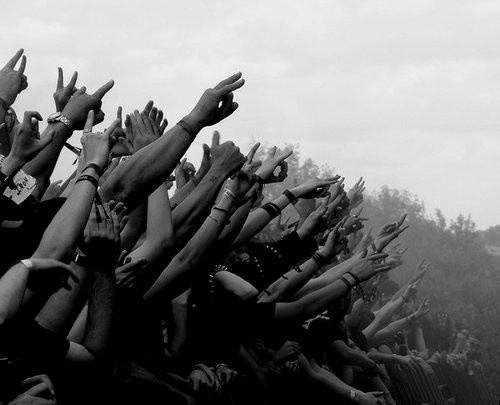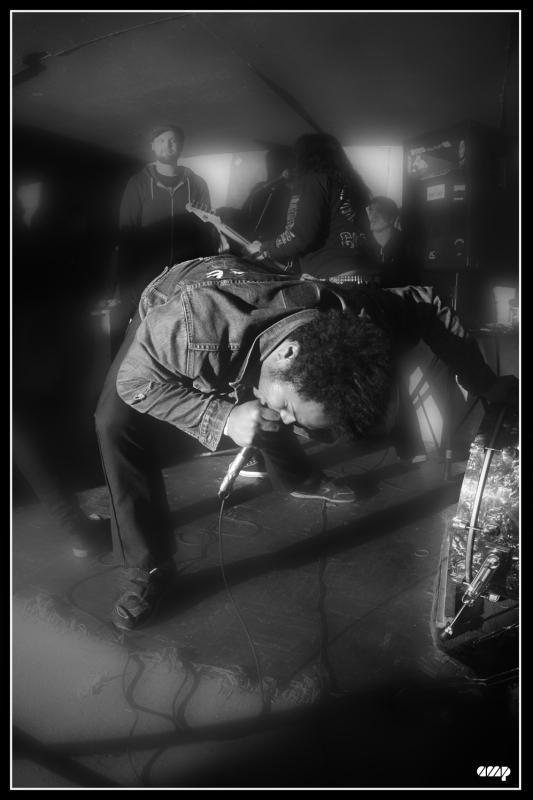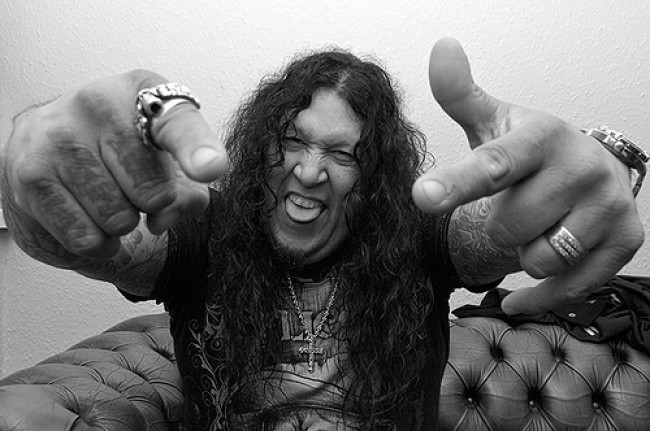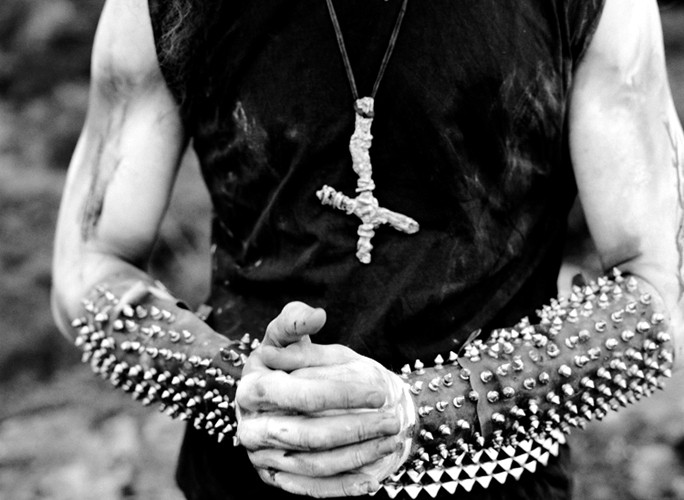(This is Part 5 of a 5-part series about metal culture by guest contributor David Mollica, a trained cultural anthropologist and dedicated metal head. This series is based in part on David’s Master’s dissertation and the interviews he conducted in preparation for writing it. You can download the actual Master’s paper at the end of this post. The previous Parts of the series can be found here.)
Well everyone, here we are at the end. It’s been great being able to put this stuff out and to read the discussions in the comments. I hope you enjoyed the series and I want to thank Islander for letting me do it. I’ve got two subjects I want to tie up the discussion with: The sort of communities we create and what heavy metal means to fans in context of the larger world.
Obviously, metal heads don’t build communities like towns, share the same ethnic groups, or even share the same governments. The social groups we build are loose and informal, based on a shared interest in the music and to a certain extent, aesthetic preferences for stuff like horror movies and occult themes that come out in the music. We also don’t always cluster together and exclude everyone else at every turn, unless we are talking about high school cliques or some such. Despite this sort of cultural preference being very real, the study of informal fan communities is a fairly new trend in most social sciences, because many had previously dismissed such groups as being invalid artifacts of youth culture that get shucked off when we enter the world of adults.
That we grow out of the stuff we like when we age and basically get boring is a rather depressing way to look at things and I don’t really buy it as a universal. It happens, of course. I’ve lost some friends because they “grew up”. When I was 16 I liked Ozzy, Iron Maiden, and Metallica, but I didn’t know what song was on what album or the names of most of the band members. Now that I’m almost 28, I visit 2 to 4 metal blogs a day, spent a year studying groups of metal heads so I could write a dissertation about it, and know more than I probably need about not just Metallica and Iron Maiden, but also about a whole metric crap ton of other, less well known groups. I’m not trying to tell you I know more about metal than everyone else, I certainly don’t. I’m just pointing out that my interest in the music has grown as I’ve aged, not diminished. Continue reading »





